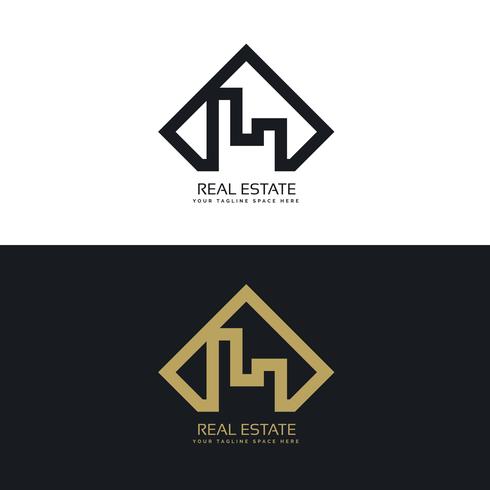 Investment property is not like the real estate investment you might make when you purchase a home. A home is where you live, raise a family, and socialize with the neighbors, so you would want a desirable floor plan, good school district, and amiable neighborhood. Investment property on the other hand essentially is none of those things and real estate investing really boils down to numbers.
Investment property is not like the real estate investment you might make when you purchase a home. A home is where you live, raise a family, and socialize with the neighbors, so you would want a desirable floor plan, good school district, and amiable neighborhood. Investment property on the other hand essentially is none of those things and real estate investing really boils down to numbers.
Therefore, as a real estate investor with an eye toward profit, be less concerned about whether the property is where you would choose to live (because you probably will never live there), and instead consider the money you might make to care for the family or perhaps supplement your retirement by owning the property.
Here’s the point.
A profitable real estate investment does equate to your standard of living; what matters most to you as an investor is what tenants think about occupying your property. That is, are people willing to pay the rent you seek for them to live there? If so, and you did your cash flow analysis correctly, you may have a money-maker; if not, you may have lost your daughter’s college tuition.
Enough said. Here’s what you can do to help assure that you purchase a profitable investment property.
1) Do a comparative market analysis. You want to know what similar rental properties have been selling for in your local market. You certainly don’t want to buy an apartment building or commercial property for more than what has recently sold (within the last six months, or so) given comparable location and condition unless you have a justifiable reason to do so.
2) Compare cap rates. In this case you’re not looking at cost per unit or square foot, but want to know how the net operating income measures up to the asking price. Divide your subject property’s net operating income by its sale price to compute its cap rate and then compare it to cap rates of similar properties that sold recently. If uncertain, ask a local real estate professional or appraiser what the cap rate should be for the property you are interested in; or maybe ask a real estate professional to step in and assist you. In any case, cap rates can be a good indicator of profitability, so unless you anticipate upside in the property’s rental income you might not want to invest in a property that has an unfavorable cap rate compared to the local market.
3) Cash flow before taxes. Cash flow is really what you pay for when you buy investment real estate. But cash flows before taxes don’t reveal what you will collect after you pay your income taxes. So you should determine what you might collect after income taxes before making a real estate investing decision.
4) Cash flow after taxes. This represents what remains as a result of owning the rental income property after the Feds are paid. In this case you should look for a positive amount unless your objective is to have a tax write off or maybe anticipate a huge return due to appreciation when the property is subsequently resold.
5) Rate of return. There are a number of returns you can compute to help you decide whether the property is profitable enough for you to make the investment. Cash-on-cash, internal rate of return, and financial management rate of return are just a few typically used by investors. There is real estate investment analysis software that will make these calculations for you or you can turn to a professional for assistance if you are in the dark here. The point is not to ignore the rate of return you expect by owning the property because it does gauge whether or not your investing objectives are met and in turn enables you to compare it to other investment opportunities under consideration.
